Funded by the European Union, the regional SwitchMed Program supports eight countries in the Southern Mediterranean (Algeria, Egypt, Israel, Jordan, Lebanon, Morocco, Palestine and Tunisia) in achieving sustainable, productive and circular economies. Since 2013, SwitchMed has under the lead of UNIDO, in cooperation with the Regional Activity Centre for Sustainable Consumption and Production of UNEP-MAP (SCP/RAC), and the UN Environment’s Economy Division, demonstrated the potential of SME’s, green entrepreneurs, organizations from the civil society and policymakers to drive a green and sustainable economic development.
Turning challenges into opportunities that can drive innovation, develop new business models, while creating new jobs is at the core of the UNIDO led SwitchMed / MED TEST component, as it assists SMEs from various sectors to produce more resource-efficient, cost-effective and with a better environmental footprint. This helps businesses to address rising energy and raw material costs and to reduce their water consumption and waste generation.
From 2014-2018, the UNIDO TEST methodology demonstrated in the preceding MED TEST II project that investments in a Resource Efficient and Cleaner Production (RECP) not only pays off for the businesses, but also for the environment. Moreover, the RECP approach has proven to be an effective mechanism in balancing environmental and economic challenges while creating additional growth opportunities for economies in the Southern Mediterranean.
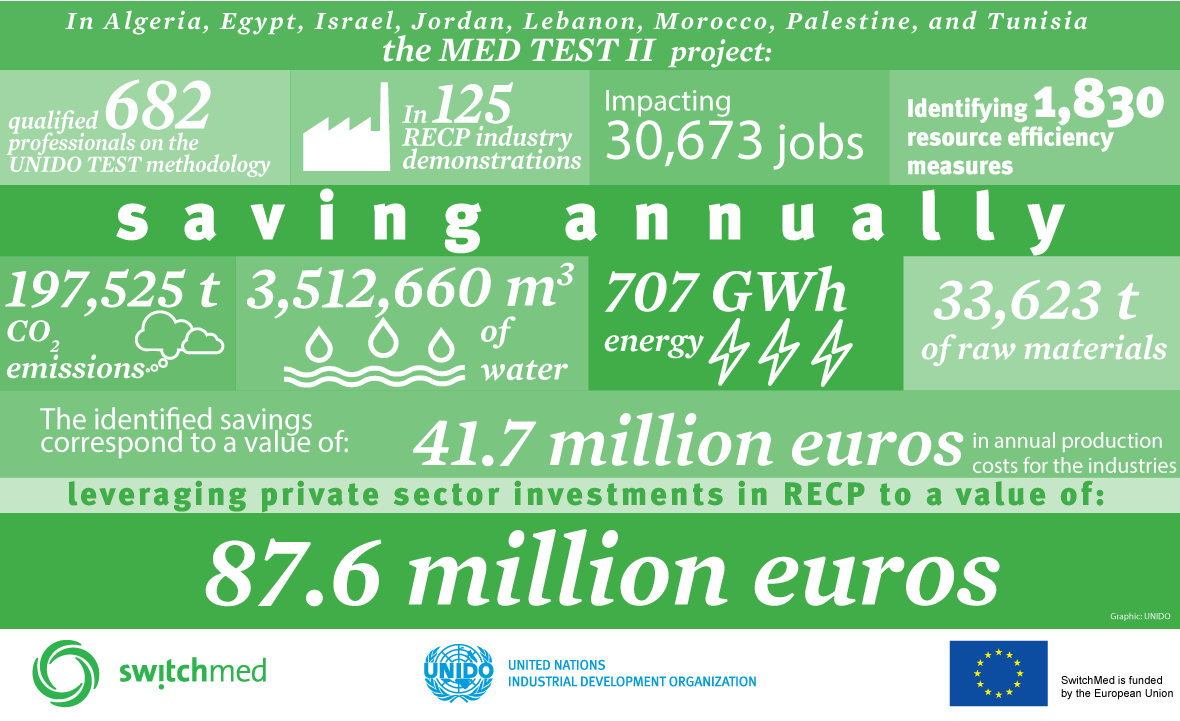
The promising results from MED TEST II, followed by consultations between UNIDO, governments and national stakeholders, have generated national roadmaps on how to upscale the nationwide adoption of RECP to reach additional sectors and new businesses.
Starting in 2019, the second phase of the SwitchMed Programme will for the next four years build upon the results from the first phase and continue to support the private sector by demonstrating practices that contribute to a green and circular economy in the Southern Mediterranean region.
Under the MED TEST III component, UNIDO has developed activities that take into account existing capacities for addressing RECP and local conditions of each country, needed for achieving a carbon-neutral, resource-efficient and competitive industrial production. Therefore the MED TEST III project has been structured around two work streams:
In Algeria, Jordan, Lebanon and Palestine, UNIDO will continue to work on actions required to enable the uptake of resource efficiency in the manufacturing sector, including the strengthening of local capacities of institutional stakeholders responsible for industrial modernization programmes and industrial policies. This will include setting up national qualification schemes for RECP service providers, mobilizing financial support for RECP investments on a country level, integrating RECP into the academia curricula, setting up an information and communication system to raise awareness and stimulate industry demand for RECP services.
In Tunisia, Morocco, Egypt and Israel, countries where the capacities on RECP are more advanced, UNIDO will expand the focus of RECP to approach the value chain of the textile and plastic manufacturing sectors with the objective to improve the recuperation of post-industrial waste and to improve the local capacities of maintaining environmental standards in the production.
Besides leading the implementation of the MED TEST III component, UNIDO will continue to lead the overall management in the second phase of the SwitchMed Programme.
For more information about SwitchMed, please click here.
| Contribution to the Sustainable Development Goals | |||
|---|---|---|---|
 |
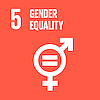 |
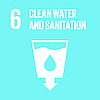 |
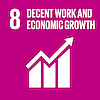 |
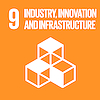 |
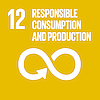 |
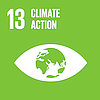 |
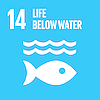 |
